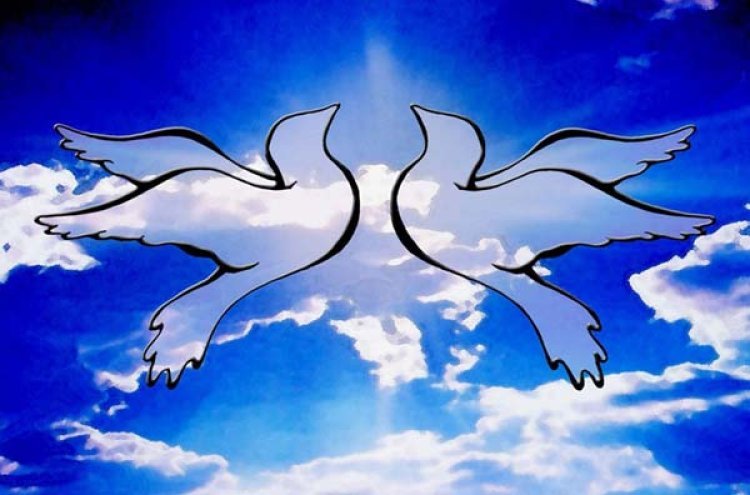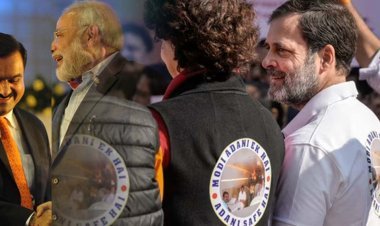Peace Proposal by Daisaku Ikeda President of Soka Gakkai International
We need to develop new sources of vision and concrete responses if we are to prevent a widening scope of suffering and see the word “misery” no longer used to describe the world.

New Delhi, June 26, 2013 : Sadly, the planet continues to be wracked by violent conflict and civil unrest; people around the world face unacceptable, threats to their lives and dignity in the form of poverty, hunger and environmental destruction, while the suffering caused by human rights violations and discrimination remains widespread. Further, there has been the wrenching spectacle of natural disasters that instantly rob people of their lives, disrupting and undermining the foundations of entire societies.
The economist Amartya Sen has long been vocal in his warnings about the threats that can descend on communities without warning; he singles out “the dangers of sudden deprivation”:
The insecurities that threaten human survival or the safety of daily life, or imperil the natural dignity of men and women, or expose human beings to the uncertainty of disease and pestilence, or subject vulnerable, 2012 Peace Proposal people to abrupt penury related to economic downturns demand that special attention be paid to the dangers of sudden deprivation.
The 2003 report of the Commission on Human Security, which Professor Sen co-chaired with Dr. Sadako Ogata, states: When people experience repeated crises and unpreventable disasters that cause them to fall–whether from extreme poverty, personal injury or bankruptcy, or society-wide shocks or disasters–the human security perspective is that there should be hands to catch them.
It is the nature of disastrous events to destroy in an instant those things that are most precious, necessary and irreplaceable to human life. Nothing is more devastating than the loss of people who have been an integral part of our lives–the parent who raised us, the partner who shared our joys and sorrows, the treasured child or grandchild, the close friend or neighbor.
French author Antoine de Saint Exupéry (1900-44): For nothing, in truth, can replace that companion. Old friends cannot be created out of hand. Nothing can match the treasure of common memories, of trials endured together, of quarrels and reconciliations and generous emotions. It is idle, having planted an acorn in the morning, to expect that afternoon to sit in the shade of the oak.
As Professor Rees has written: [Unemployed] people are being denied the profound human sense of self-worth that comes from work; either in the sense of earning one’s keep, having the satisfaction of achieving something, or making a contribution to society
The lessons of history
What do we do to contain tragedy, whether it arises from natural disasters or from the complex of global issues? Clearly, we need to develop new sources of vision and concrete responses if we are to prevent a widening scope of suffering and see the word “misery” no longer used to describe the world.
In addition, Jakob Kellenberger, President of the International Committee of the Red Cross, issued this warning from the perspective of sustainability in April 2010:
Nuclear weapons are unique in their destructive power, in the unspeakable human suffering they cause, in the impossibility of controlling their effects in space and time, in the risks of escalation they create, and in the threat they pose to the environment, to future generations, and indeed to the survival of humanity.
by Santosh Gaur

















